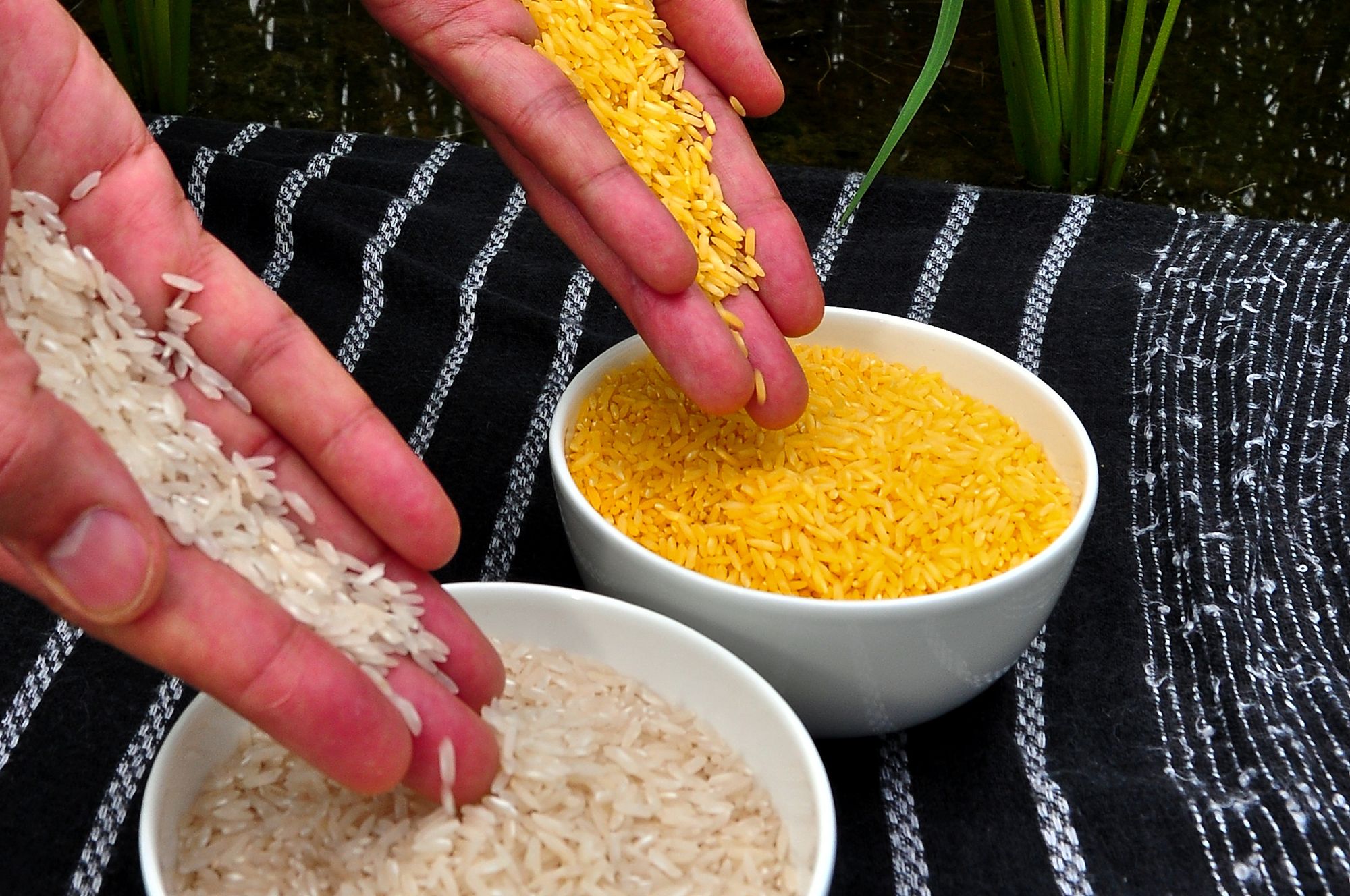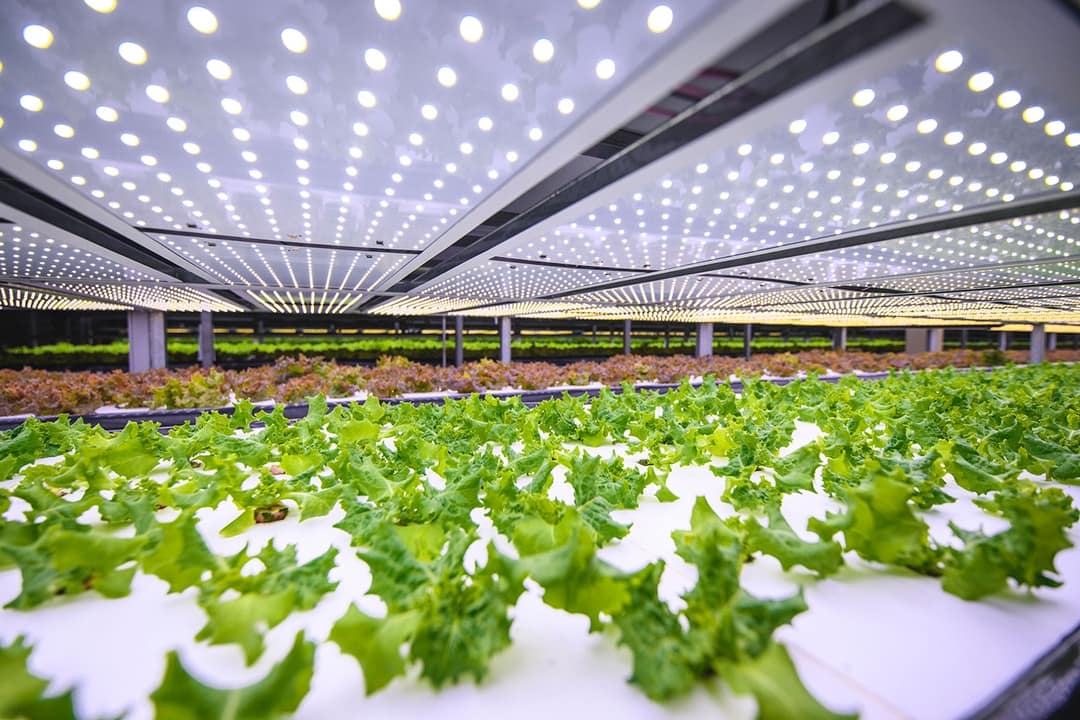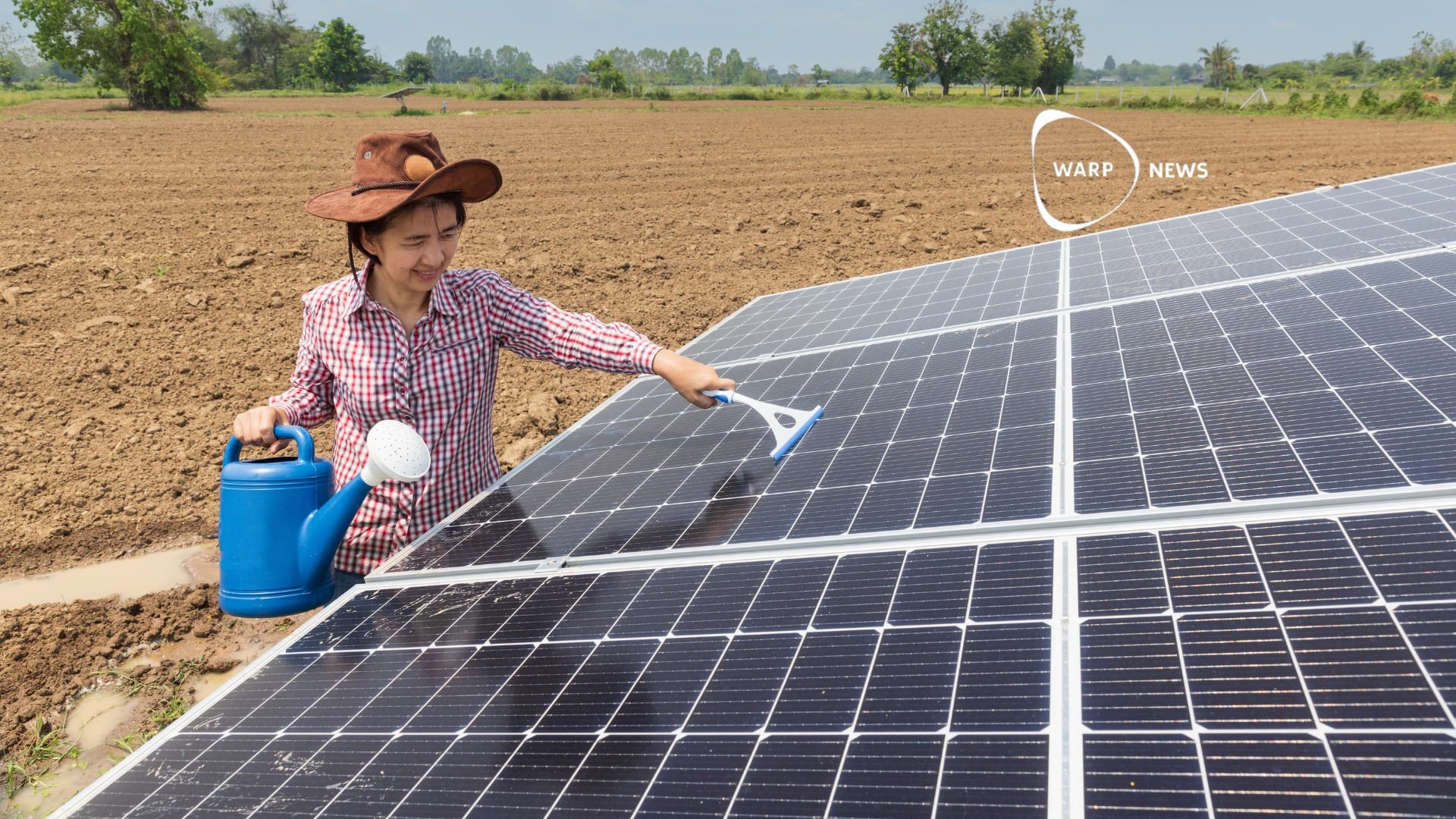
🍺 Guinness to become more eco-friendly
A pilot project will show whether more sustainable cultivation of barley can provide more environmentally friendly beer without compromising the profitability of growers.
Share this story!
Brewery giant Diageo has started a project that will make their Guinness beer more environmentally friendly.
The idea behind the project is for the grain used to brew the beer to be grown in a more sustainable way. The goal is for cultivation to increase biodiversity, reduce the amount of fertilizers used, improve soil quality and at the same time increase the profitability of the farmers who grow the grain.
To begin with, 40 farms in Ireland will start growing barley according to the principle of regenerative agriculture, where resources will be used to the maximum, but still sustainably. If it turns out well, Diageo intends to spread the method among its other grain suppliers in the future.
"This pilot is the first such programme being implemented by Diageo and the outcomes will help inform other potential opportunities, not just in Ireland, but in other countries where we source raw materials", said John Kennedy, European Director at Diageo. a press release.
Some of the farmers in the project have already tested regenerative agriculture and believe that there are clear advantages to the method.
"We already use regenerative agricultural practices and have seen a marked improvement in the quality of the soil on our farm. It is a highly effective approach that leads to much better outcomes", says Walter Furlong Junior, one of the farmers who will participate in the project.


By becoming a premium supporter, you help in the creation and sharing of fact-based optimistic news all over the world.



